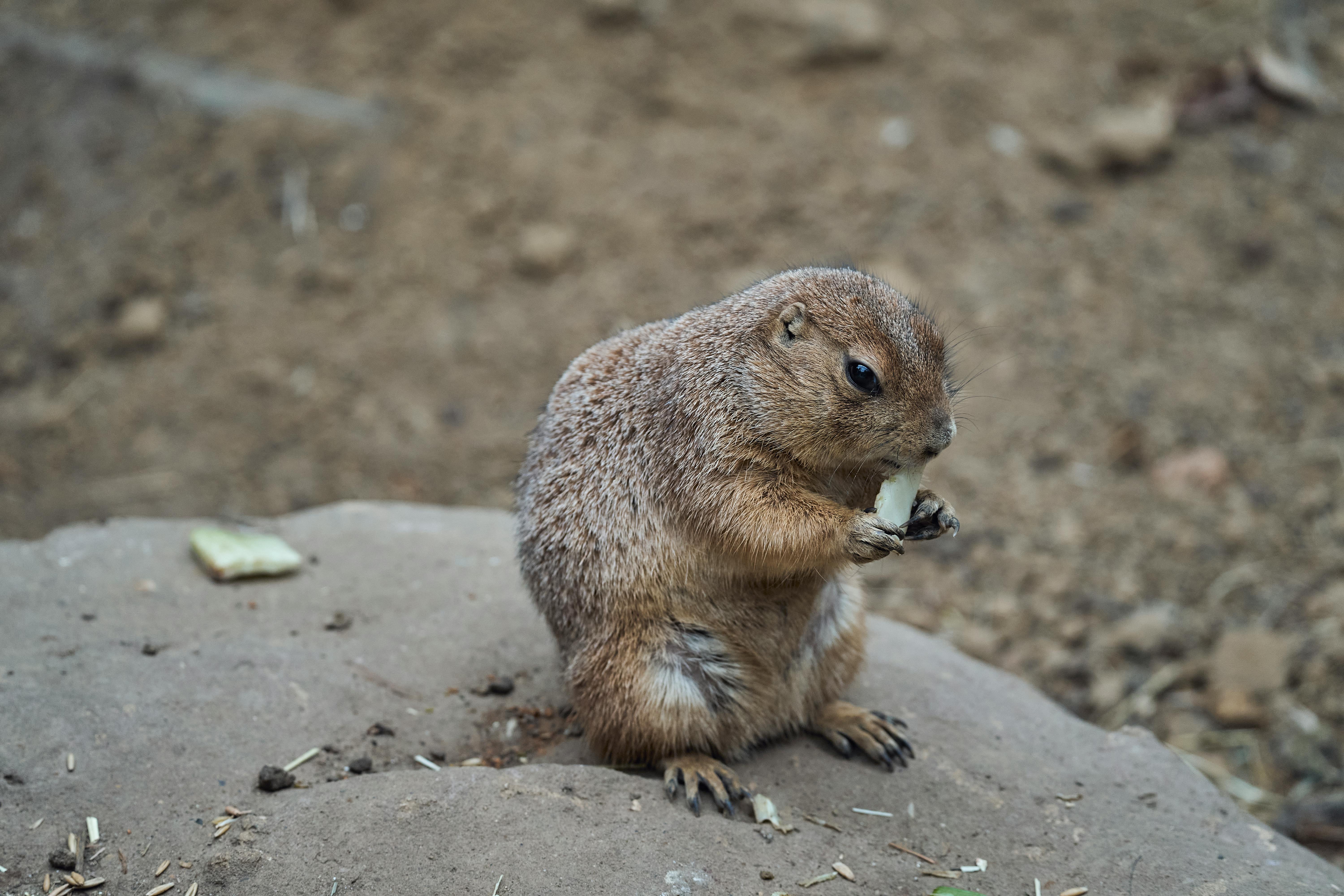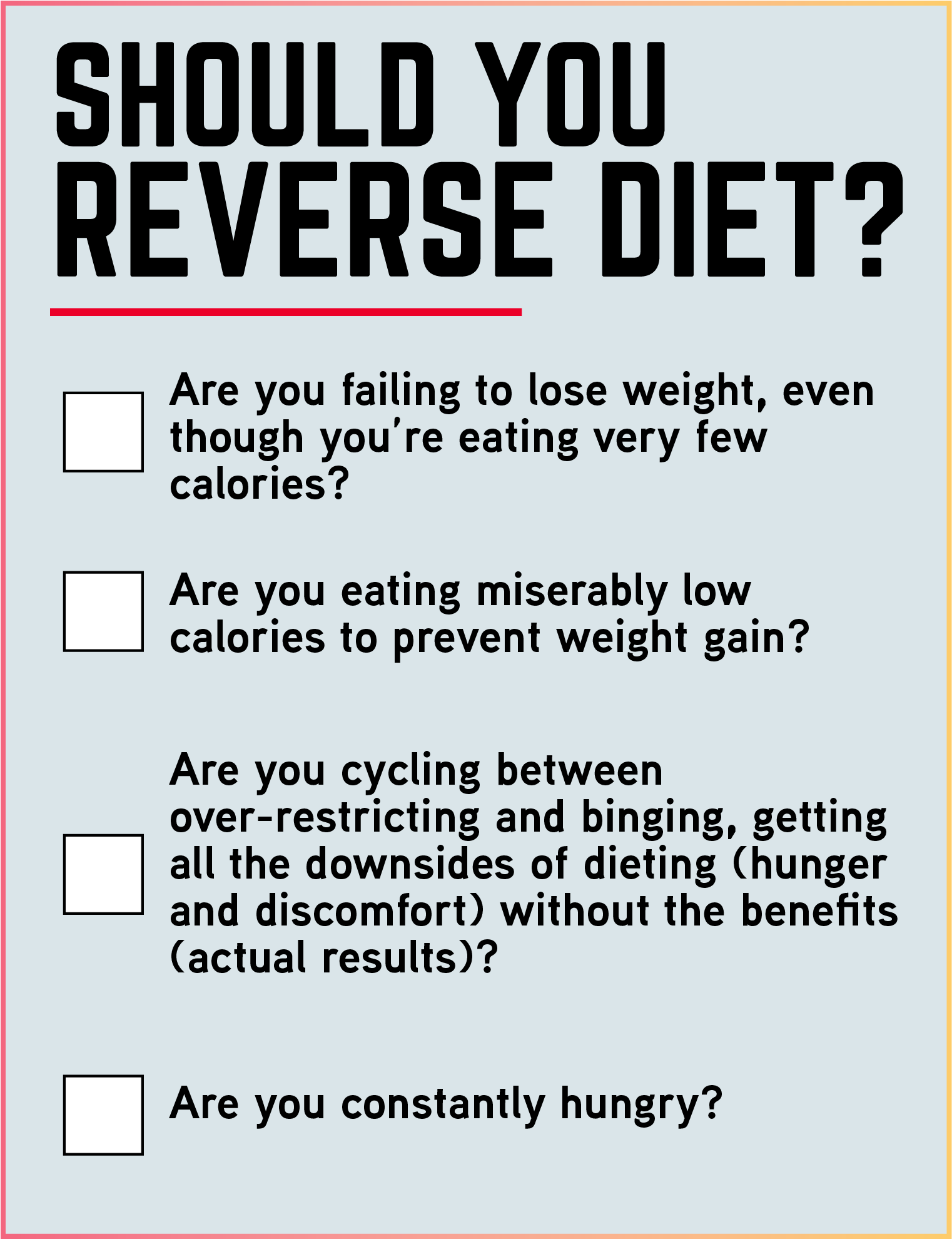
Effective Ways to Optimize Your Kidney Stone Diet in 2025
In recent years, the understanding and management of kidney stones have evolved markedly, emphasizing the importance of a tailored kidney stone diet. For those grappling with the discomfort and health implications of kidney stones, adjusting dietary habits is a crucial part of prevention and recovery. The right diet can significantly impact both the formation and passage of stones, making it essential to know the best foods and hydration strategies to include in your meals.
This article will delve into the optimal kidney stone diet in 2025, discussing the foods to avoid for kidney stones, hydration tips, and how to incorporate key nutrients effectively. We will also explore specific dietary recommendations and meal plans that can enable better management of kidney health, ultimately promoting a more comfortable lifestyle for kidney stone sufferers.
Key takeaway: A focused diet is pivotal for preventing kidney stones, addressing both what to integrate into your meals and what to avoid.
Understanding Foods to Avoid for Kidney Stones
Building on the fundamentals of kidney stone management, knowing which foods to avoid is crucial for those aiming to reduce their risk. Certain foods are known to contribute to stone formation due to their high oxalate content or other harmful properties. Typically, individuals prone to stones should limit foods like spinach, beets, and certain nuts, which can exacerbate stone formation.
Foods High in Oxalate
Foods containing high levels of oxalate can lead to calcium oxalate stones, the most common type of kidney stones. Therefore, it’s vital for stone formers to assess their intake of such foods. Included in this list are items like chocolate, tea, and various dark green vegetables. Adjusting dietary choices can help mitigate the risk of recurrence.
The Role of Sodium in Kidney Stones
Excess sodium can also contribute to kidney stone formation, as it may increase calcium in urine. Limiting salty foods and being cautious about processed meals can lower the sodium intake significantly. This shift can play an essential role in overall kidney stone management.
Impact of Caffeine and Alcohol
Caffeine and alcohol should also be consumed cautiously. While moderate caffeine may not pose a significant risk, high intake can potentially lead to dehydration, a key risk factor in stone formation. Similarly, alcohol can alter hydration levels, making it important to monitor consumption.
Best Foods for Kidney Stones
With these precautionary measures set, it's equally important to identify and incorporate foods that support kidney health and potentially prevent stones from forming. Emphasizing the right nutrient intake can offer benefits in maintaining kidney function while also ensuring adequate hydration.
Calcium Intake and Kidney Stones
Contrary to the misconception that calcium should be minimized in diets meant for kidney stone management, adequate calcium can actually be protective against stone formation. It’s crucial to emphasize dietary sources of calcium such as dairy products, which can help bind oxalate in the intestines and prevent its absorption. Striking a balance is key, as excessive supplementation can counteract these benefits.
Fruits and Vegetables for Kidney Stones
Incorporating plenty of fruits and vegetables in your diet is paramount. Fruits high in potassium, such as bananas and oranges, can help reduce stone formation. Moreover, staying hydrated through the intake of water-rich fruits and veggies, like watermelon and cucumbers, aids in maintaining fluid balance, pivotal for kidney health.
Low Oxalate Foods List
Creating a low oxalate foods list can simplify meal planning for those at risk of kidney stones. Foods such as white rice, chicken, and certain types of fish are excellent inclusions. Well-rounded meals can make a significant difference in daily nutrition while also promoting kidney health.
Hydration Strategies for Kidney Stone Prevention
Moving towards hydration, the cornerstone of any kidney stone prevention diet in 2025 is high fluid intake. Proper hydration not only dilutes the concentration of stone-forming substances but also helps in flushing out minerals that could contribute to stone formation.
High Fluid Intake for Kidney Stones
Adults aiming to prevent stones should target a minimum fluid intake of 2-3 liters a day, though this may vary based on individual needs. Water is undoubtedly the best choice, contributing to the dilution of urine and thus reducing the risk of stone formation.
Hydration Tips for Kidney Stones
To improve hydration practices, consider incorporating flavored water or herbal teas, which can encourage higher fluid intake without added sugars. Additionally, tracking hydration status through urine color can help ensure adequate fluid levels are maintained.
Avoiding Dehydration
Recognizing the early signs of dehydration is vital—dark urine, fatigue, and headaches are indicators that more fluids are needed. Making a habitual practice of drinking water throughout the day can help in avoiding these pitfalls while minimizing kidney stone risks.
Meal Plans for Kidney Stones
Creating a robust meal plan focusing on kidney stone management takes into account all previously mentioned strategies. A well-structured diet can encompass a variety of food groups while keeping stone-forming potential low.
Dietary Recommendations for Kidney Stones
For breakfast, consider oatmeal topped with low-oxalate fruits. Lunch could include grilled chicken salad with a range of colorful vegetables, and dinner might consist of fish served with quinoa and steamed broccoli. Snack options should focus on low-oxalate nuts and yogurt.
Cooking Methods for Kidney Stones
When preparing meals, opt for healthier cooking methods such as steaming, grilling, or baking instead of frying. These methods reduce added fats and can preserve the nutrients in the ingredients, ultimately benefiting kidney health.
Kidney Stone Recipes
Innovative kidney stone recipes can provide variety while ensuring adherence to dietary restrictions. Experimenting with spices and different cooking techniques can keep meals enjoyable without sacrificing health.
Importance of Diet for Kidney Stones
To conclude, the importance of dietary management for kidney stones cannot be overstated. Adaptations that focus on the right foods, adequate hydration, and informed choices contribute not only to preventing stone recurrence but also enhance overall kidney health.
Long-Term Management and Goals
Long-term, consistently applying the principles of a kidney stone prevention diet can ward off future issues. Constantly evaluating and adjusting dietary habits in response to health needs will lead to improved outcomes. Staying informed and adaptable will empower individuals to effectively manage their kidney health.
Community Support and Resources
Utilizing community support and resources, such as dietitians specialized in kidney health, can provide invaluable assistance in creating personalized dietary plans. This collaborative approach not only offers diverse insights but also enhances adherence to successful dietary changes.

 ```
```